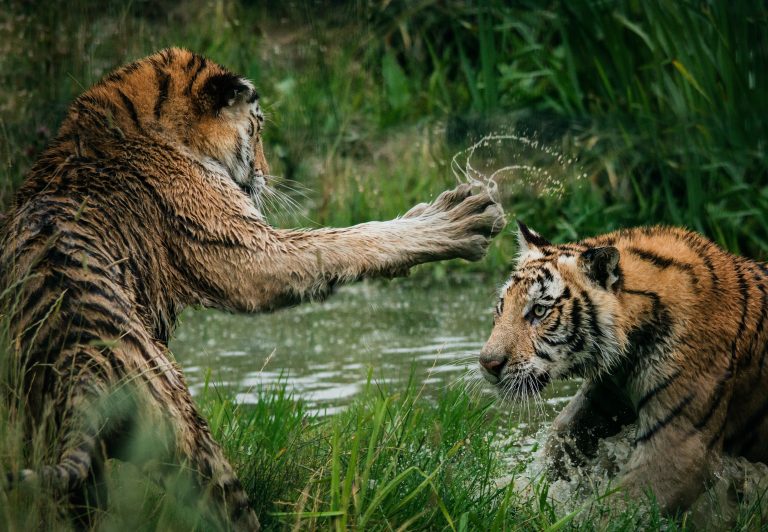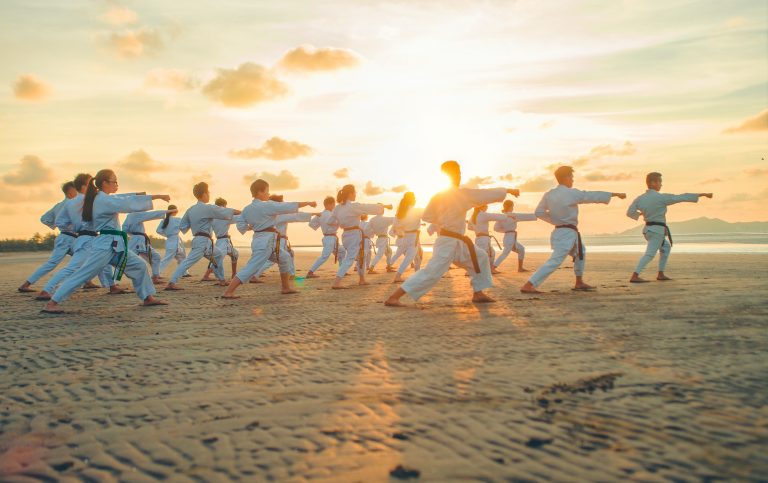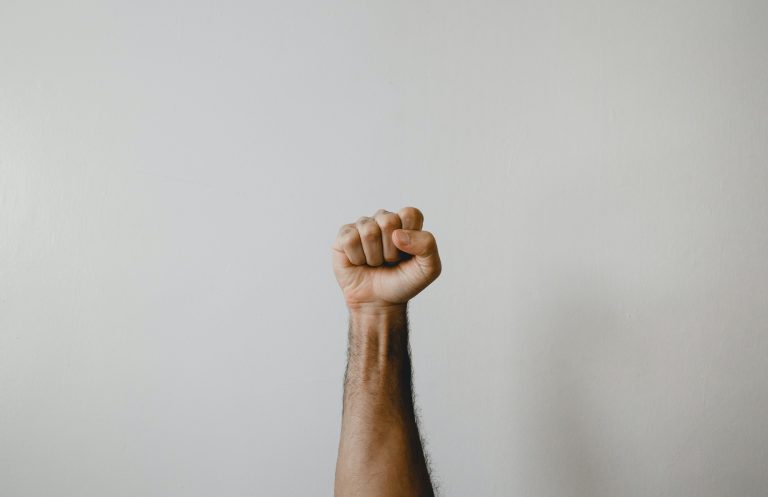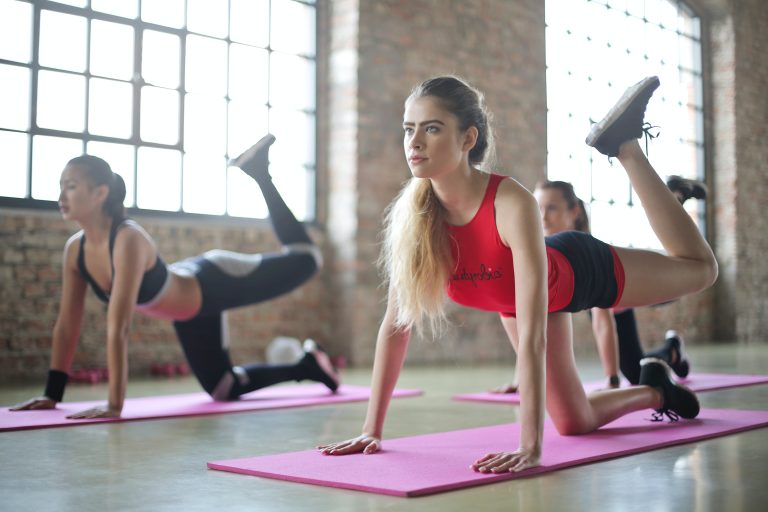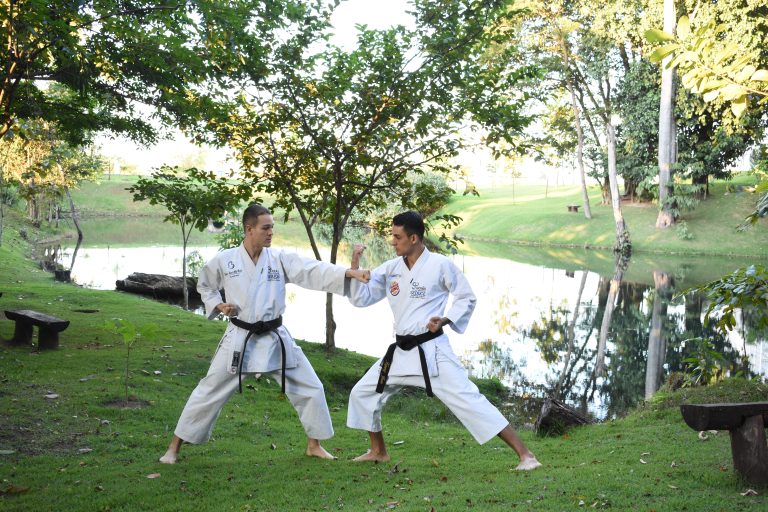What is the Best Age to Start Learning Karate?
Karate has become increasingly popular over the last decade among martial arts enthusiasts around the world. It is a complex and physically demanding art form, but offers a great way to stay fit, increase self-defense skills, and even socialize with other practitioners. But for those looking to get into Karate, there is often one common question: what is the best age to start learning Karate?
Many Karate practitioners disagree with each other on this one. Some argue strongly for beginning very young, almost from birth. Others contend that waiting until someone is older – in their teens or early twenties – is far more beneficial. So, with these two schools of thought in mind, let’s take a more in-depth look into the best age to start learning Karate.
Starting Young
The idea of starting Karate at a younger age is widely supported among many practitioners. By starting young, children can develop the motor skills necessary to master the martial art. They can learn in a supportive environment with instructors that know how to address their unique needs and the expectations of younger learners. This includes understanding the diligence required in order to progress and a gentler approach to discipline.
In addition, starting at a young age also affords children the opportunity to develop long-term habits that allow them to progress within the practice of Karate. This includes a commitment to practice, a focus on physical and mental discipline, and learning fundamental Karate concepts and techniques.
Furthermore, children can begin developing an understanding of their own bodies through Karate. This enables youngsters to develop body awareness, balance, and coordination, as well as increased overall physical safety and self-confidence.
Starting Late
Contrary to what proponents for starting Karate young may suggest, beginning early does not necessarily guarantee that someone will become an expert at the martial art. While younger people may possess a greater degree of physical resilience and flexibility, this does not always carry over into adulthood.
That said, there are a number of potential benefits to starting Karate later in life. For example, older adults have already developed the necessary motor skills needed to perform the techniques of Karate; they just need to get used to doing them. In addition, adults have greater discipline and self-motivation when compared with younger learners and can develop an appreciation of the moral codes and motivations of the martial art.
Finally, starting Karate late in life can also be helpful in reinforcing mental strength, as adults have already experienced a variety of life choices and situations that they can draw on while learning the martial art.
The Bottom Line
At the end of the day, the ultimate determinant in deciding when is the best age start learning Karate lies with each individual person. However, both schools of thought provide valuable insights into the overall experience of learning to transcend the physical limitations of self-defense and into the spiritual and mental aspects of the art form.
It is therefore important to note that regardless of when someone may decide to begin practising Karate, they should receive proper guidance from experienced mentors to help ensure they get the most out of learning this unique martial art form. With time, practice and commitment anyone can achieve great results when it comes to mastering technique and understanding the inner depths of Karate.
References
[1] Which Age Should I Start With Karate? Karatedojo-Monheim Website.
[2] Young or Old: Best Age To Learn Karate, Ryotei Martial Arts Website.
[3] What Age Should You Start Karate?, Newsdoor 24/7 Website.
What is the Best Age to Start Learning Karate?
Karate is a popular martial art, and children often desire to learn karate from an early age. Karate provides many benefits, including improved physical fitness, discipline, self-defense skills, and confidence. Parents often wonder what the best age to start learning karate is. In this blog post, we will answer some of the most frequently asked questions about the best age to start learning karate.
What is Karate?
Karate is a martial art that originated in Okinawa, Japan. It is a style of self-defense that involves striking, kicking, and blocking techniques. The goal of karate is to develop a strong mind, body, and spirit. The practice of kata, or forms, is an important aspect of karate training. Karate training also helps to improve flexibility, strength, and balance.
What are the Benefits of Learning Karate?
Learning karate provides many benefits, including:
- Improved physical fitness and overall health
- Increased discipline and focus
- Self-defense skills
- Improved confidence and self-esteem
- Opportunities to meet new people and make friends
- An outlet for stress relief
What is the Best Age to Start Learning Karate?
The best age to start learning karate depends on the individual child. Some children may be ready to start at a very young age, while others may not be ready until they are older. Generally, children can start learning karate around the age of 4 or 5. However, it’s important to note that each child develops differently, and parents should consider their child’s maturity level and ability to follow instruction when deciding if they are ready to start karate.
Can Young Children Learn Karate?
Yes, young children can learn karate. Many martial arts schools offer specialized programs for children as young as 4 years old. These programs are designed to teach children the basics of karate in a fun and safe environment. Children can learn the fundamentals of karate, including basic kicks, punches, and blocks. Karate training can help young children develop coordination, balance, and discipline.
How Can Parents Prepare Their Children for Karate?
Parents can help prepare their children for karate by:
- Talking to them about karate and what it involves.
- Teaching them basic body movements and exercises, such as jumping jacks, sit-ups, and push-ups.
- Encouraging them to be physically active.
- Helping them understand the importance of following rules and instruction.
- Preparing them mentally and emotionally for a new activity with a positive attitude.
Are There Any Risks to Learning Karate?
Like any physical activity, there are risks involved with learning karate. The most common injuries in karate are bruises, sprains, and strains. However, serious injuries are rare. This is why it’s important to choose a reputable martial arts school that emphasizes proper technique and safety. The instructors should also be experienced and trained to work with children.
Conclusion
In conclusion, the best age to start learning karate depends on the individual child’s maturity level and ability to follow instruction. Children can start learning karate as young as 4 years old, and specialized programs are available for young children. Parents can help prepare their children for karate by teaching them basic body movements and exercises, encouraging physical activity, and preparing them mentally and emotionally for a new activity. Karate provides many benefits, including improved physical fitness, discipline, self-defense skills, and confidence. When choosing a martial arts school for their children, parents should look for a reputable school that emphasizes proper technique and safety.
Learning karate can be a rewarding experience for children and can set them on a path towards a healthier and more confident future.
Inhaltsverzeichnis

